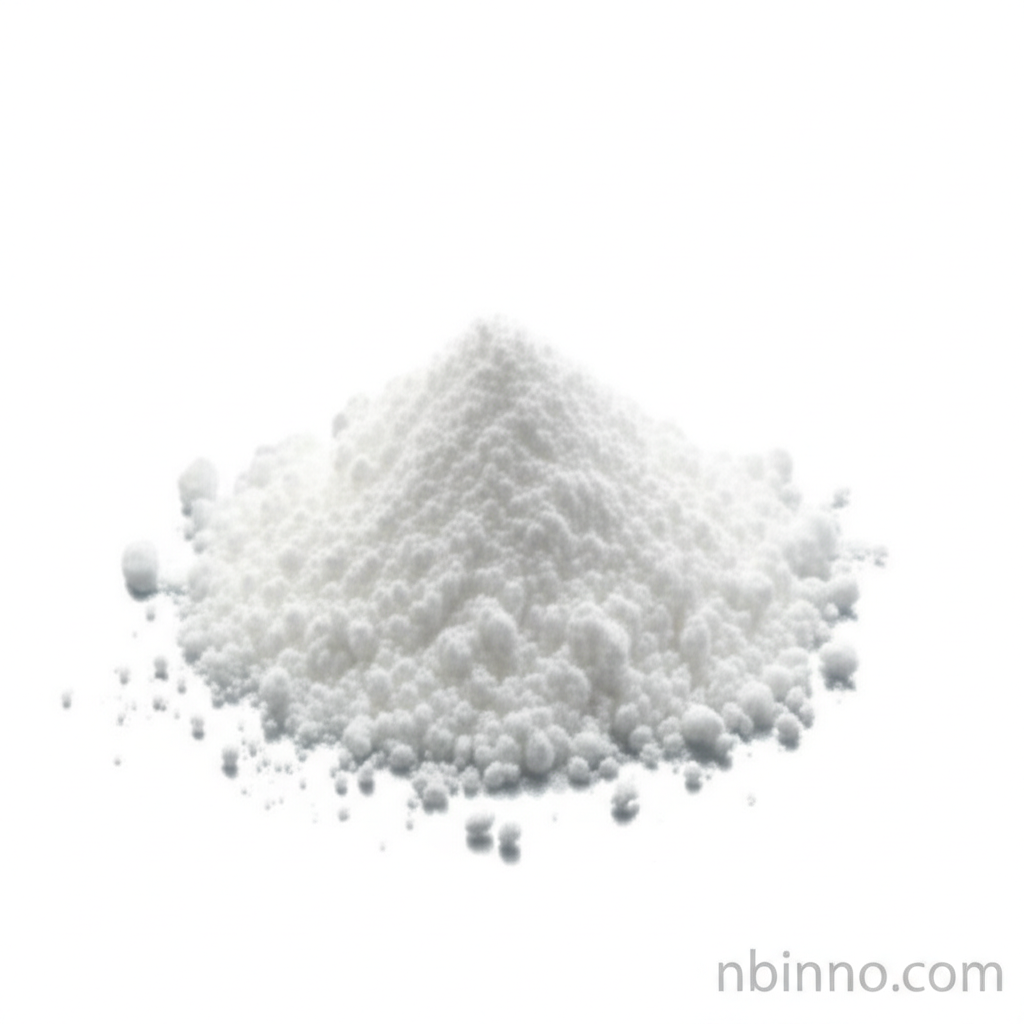Microcrystalline Cellulose (MCC): A Versatile Food Additive for Texture, Stability, and Health Benefits
Discover the multifaceted roles of Microcrystalline Cellulose in enhancing food products, from texture to nutritional value.
Get a Quote & SampleProduct Core Value

Microcrystalline Cellulose Powder
Microcrystalline Cellulose (MCC) is a purified, partially depolymerized cellulose that serves as a critical ingredient across numerous industries, most notably in food and beverages. Its unique properties allow it to function as a thickener, stabilizer, emulsifier, texturizer, binder, carrier, bulking agent, fiber source, and anti-caking agent. This versatility makes it indispensable for achieving desired sensory attributes and functional performance in a wide array of food products.
- Explore the benefits of microcrystalline cellulose in food for improved texture and mouthfeel. MCC's ability to create a gel-like substance when absorbing water contributes significantly to the desirable consistency in products like sauces and gels.
- Understand how MCC acts as a thickener, stabilizer, and emulsifier, enhancing product stability. By stabilizing emulsions and preventing particle sedimentation, MCC ensures product homogeneity and shelf-life.
- Learn about microcrystalline cellulose for dietary fiber and its role in weight management. As an indigestible fiber, MCC adds bulk without calories, promoting satiety and aiding in digestive health.
- Discover the applications of food grade microcrystalline cellulose uses in various food categories. From bakery goods to dairy products and beverages, MCC consistently elevates product quality and consumer appeal.
Key Advantages of Using Microcrystalline Cellulose
Texture and Mouthfeel Enhancement
MCC significantly improves the texture and mouthfeel of food products by increasing water-binding capacity, firmness, and cohesiveness, contributing to a more pleasant sensory experience, especially useful when seeking to improve texture.
Stabilization and Emulsification
It acts as an excellent emulsifier and stabilizer, maintaining the homogeneity of emulsions and preventing the separation of phases in food systems. This is vital for products requiring long-term stability.
Dietary Fiber and Calorie Reduction
As a source of dietary fiber, MCC is indigestible, offering a means for calorie reduction and weight management. It enhances satiety, making it a valuable component in health-focused food products.
Key Applications
Bakery Products
In baked goods, MCC improves water absorption, dough stability, and overall texture, prolonging shelf-life by retaining moisture. It also ensures smoothness in glazes and fillings.
Dairy and Frozen Desserts
MCC stabilizes emulsions and foams, adds creaminess, and prevents ice crystal growth in frozen desserts like ice cream, contributing to a smooth and soft texture.
Beverages
In drinks, MCC stabilizes liquids, adds viscosity, improves texture, and increases dietary fiber content, enhancing the overall drinking experience.
Processed Foods & Meat Analogues
For processed foods and meat analogues, MCC provides emulsion stability, enhances mouthfeel, reduces oil absorption in fried foods, and acts as a binding agent.
